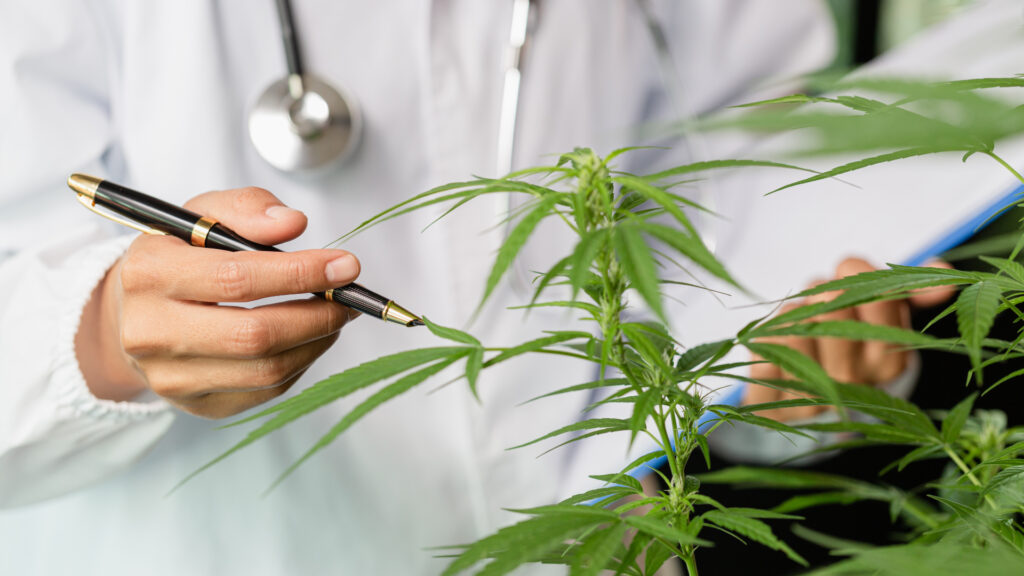According to the United Nations, marijuana is the most widely used illicit substance in the world. In its official report it states that more than 4% of the world’s adult population (162 million people) consume it more than once during the year, while 0.6% (22 million) consume it daily. Moreover, it estimates that some 20 million people in the world are currently addicted to it.
In this sense, the legalization of marijuana has a number of legal and social effects that should be carefully considered before making a decision on its legalization. These effects may vary according to the legal, cultural and social context of each country or region.
Legal Effects
Regulation and Control: legalization allows the establishment of a regulatory framework for the cultivation, distribution, sale and consumption of marijuana. This can reduce the black market and increase government control over product quality and safety.
Crime: legalization may reduce incarceration rates for marijuana-related crimes and decrease illegal trafficking, although it could increase the likelihood of facing other legal problems, such as driving under the influence.
Taxes and the Economy: Legalization can generate significant tax revenues through taxes on marijuana sales, which could benefit the economy.
Control of Minors: legalization may allow better control over sales to minors and reduce the accessibility of adolescents through the illegal market.
Social Effects
Public Health: Legalization may influence marijuana use rates and patterns of use. The effects on the mental and physical health of users, as well as the possibility of addiction problems, must be considered.
Social Perception: Legalization can change the social perception of marijuana and reduce the stigma associated with its use.
Impact on Youth: There is concern that legalization could normalize consumption among youth and increase the risk of health problems and academic performance.
Road Safety: Legalization poses challenges in terms of road safety, as driving under the influence of marijuana may increase the risk of traffic accidents.
Medical Use: Legalization may facilitate access to marijuana for medical purposes, which may have benefits for patients with certain conditions, but also raises questions about medical regulation and safety of use.
International Relations: Legalization may have implications for diplomatic relations with countries that maintain prohibition policies.
It is important to consider these effects because marijuana legalization is a decision that affects multiple aspects of society. Policies should be carefully designed and evidence-based to minimize negative effects and maximize benefits. In addition, discussion and decision-making should involve various sectors of society, including public health experts, legislators, educators and the community at large.
Cybergraphy
https://news.un.org/es/story/2019/03/1452191
https://scielo.conicyt.cl/pdf/rcp/v85n2/art14.pdf
https://repositorio.uniandes.edu.co/bitstream/handle/1992/44506/u830629.pdf?sequence=1&isAllowed=y
https://www.senda.gob.cl/wp-content/uploads/2021/06/Informe-Observatorio-Junio-2021.pdf
https://revistas.uexternado.edu.co/index.php/tursoc/article/view/7657/12008
https://blogs.iadb.org/salud/es/marihuana-legalizarla-despenalizarla-o-criminalizarla/



